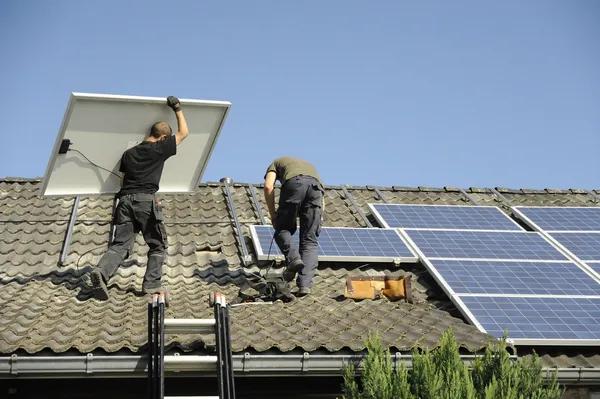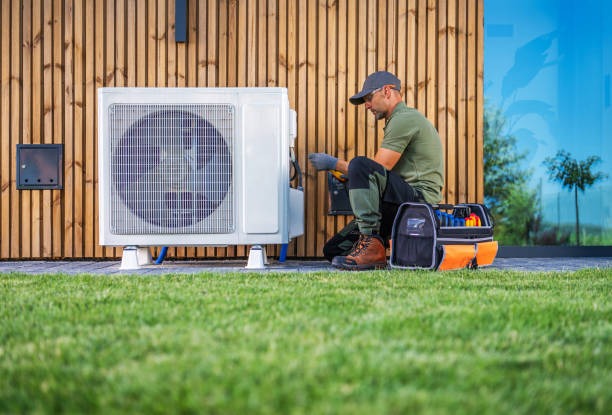Solar energy is one of the most sustainable and readily available sources of power, and harnessing it has become increasingly popular. When considering solar panels for your home or business, you may find yourself torn between roof-mounted and ground-mounted options. Both have their advantages and disadvantages, so let’s delve into them to help you make a more informed decision.
Roof-mounted solar panels are the most common choice for homeowners due to several reasons. Firstly, they’re space-efficient because they utilize an area that’s often unused – your roof. This makes them ideal for urban settings or properties with limited yard space. Secondly, installation costs can be lower since no additional structure is required to hold the panels. Plus, being elevated reduces the risk of damage from pets or kids playing around them.
However, roof-mounted systems do come with some drawbacks. They’re subject to whatever angle your roof has been built at which might not be optimal for sun exposure throughout the day. Also, depending on how sturdy your roofing material is or how old your house is, installing rooftop solar may cause structural concerns.
On the other hand, ground-mounted solar panels offer flexibility in positioning as they can be installed anywhere on a property where there’s sufficient sunlight exposure during peak hours (typically between 9 am – 3 pm). This allows you to place them at an optimum angle towards the sun resulting in higher efficiency compared to a fixed-angle rooftop system.
Ground-mounted systems also provide easier access for maintenance and cleaning activities as compared to rooftop installations which would require climbing onto roofs that could lead to safety issues especially during adverse weather conditions like snowfall or heavy rains.
Nevertheless, ground-mounts consume yard space which could otherwise be used for gardening or recreation purposes; they also tend to be costlier than their rooftop counterparts due mainly to additional mounting structures needed along with potential landscaping modifications.
In conclusion, both types of installations have their unique benefits and trade-offs therefore making it difficult to declare a clear winner. Your choice should be based on your individual circumstances such as the available space, budget, local climate, and house orientation. It’s also recommended to consult with a solar panel installation company professional who can assess your property and provide advice tailored to your specific situation. Remember, the goal is not just to have solar panels but to maximize their efficiency for optimal energy production and savings on electricity bills over time.
Solarponics
4700 El Camino Real, Atascadero, California 93422
805-439-9799












Leave a Reply